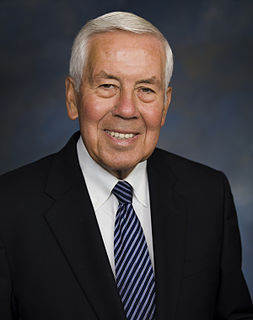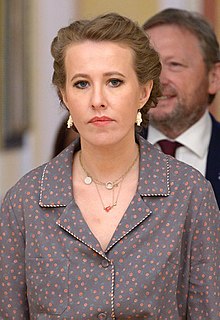A Quote by Ronen Bergman
Throughout the 1990s, Israel and the United States devoted vast resources to weakening the nuclear links between Russia and Iran and applied enormous diplomatic pressure on Russia to cut off the relationship.
Related Quotes
Israel's discourse with the United States on the subject of Iran's nuclear project is more significant, and more fraught, than it is with Europe. The U.S. has made efforts to stiffen sanctions against Iran and to mobilize countries like Russia and China to apply sanctions in exchange for substantial American concessions.
The issue has two dimensions. One is the legal dimension and the other one is the issue at the realpolitik. [In the] legal realm, we believe in equal rights for all people in all nations. If Israel, the United States, Russia, Pakistan, other countries, China, have the right to have a nuclear program and nuclear bomb, Iran, too, must have that same right. Now, at the realm of realpolitik, because there is a global consensus against Iran, and because there are all manner of dangers facing Iran, I am opposed to this program.
That is why, as one who values the U.S.-Israel relationship, and loves Israel, I was near tears throughout the Prime Minister’s speech — saddened by the insult to the intelligence of the United States as part of the P5 +1 nations, and saddened by the condescension toward our knowledge of the threat posed by Iran and our broader commitment to preventing nuclear proliferation.
Secretary Perry became the 19th secretary of defense and the first enlisted man to serve in that role. He had time in the highest ranks of the Pentagon and was instrumental in the dismantlement of the nuclear warheads in the United States and Russia. Throughout his career, he has devoted himself to protecting the interests of the nation.
Iran has been calling for it for years, and the Arab countries support it. Everyone except the United States and Israel support it. The U.S. won't allow it because it means inspecting Israel's nuclear weapons. The U.S. has continued to block it, and in fact blocked it again just a couple of days ago; it just wasn't widely reported. Iran's nuclear program, as U.S. intelligence points out, is deterrent, and the bottom line is that the U.S. and Israel don't want Iran to have a deterrent.
I want to reassert again the position of the United States that with regards to Iran, we will not allow Iran to develop a nuclear weapon, period. We will not allow them to develop a nuclear weapon, and we will exert all options in the effort to ensure that that does not happen...The United States stands firmly with Israel, and we have a rock solid commitment to the security of Israel and to the security of its citizens.
I think most of the Washington foreign policy establishment exists in a fantasy world when it comes to Syria. They fundamentally don't understand that Russia and Iran, from the beginning, had much more at stake in Syria than the United States did. Russia and Iran were going to do everything possible in order to keep Bashar al-Assad in power.
If you want to see where Trump is moving, look at what the United States neoliberals advised Russia to do after 1991, when they promised to create an ideal economy. Russia was under the impression that the neoliberal advisors were going to make Russia as rich as the United States. What they really did was create a kleptocracy that was virtually tax-free.
Since 1981, after our nations severed diplomatic relations, we've worked through a international tribunal to resolve various claims between our countries. The United States and Iran are now settling a long-standing Iranian government claim against the United States government. Iran will be returned its own funds, including appropriate interest but much less than the amount Iran sought. With the nuclear deal done, prisoners released, the time was right to resolve this dispute as well.
If the US had a relationship with Russia, North Korea - which is our single biggest problem right now - North Korea, it would be helped a lot. I think I'm doing very well with respect to China. They've cut off financing; they've cut off bank lines; they've cut off lots of oil and lots of other things. And it's having a big impact. But Russia, on the other hand, may be making up the difference. And if they are, that's not a good thing. So having a relationship with Russia would be a great thing - not a good thing - it would be a great thing, especially as it relates to North Korea.
































